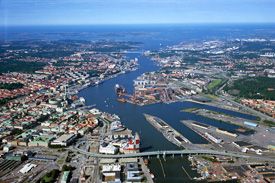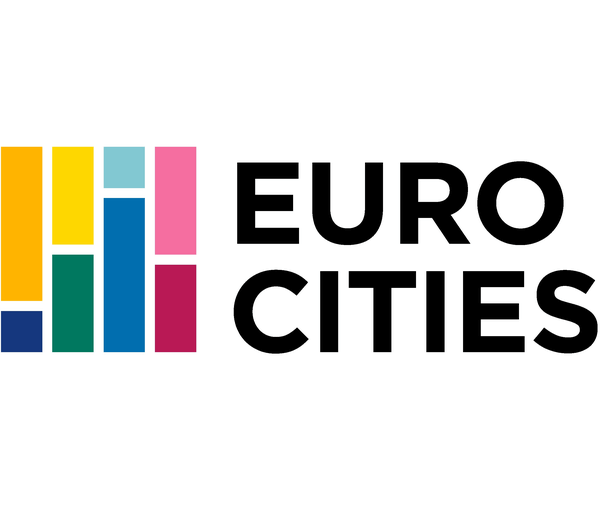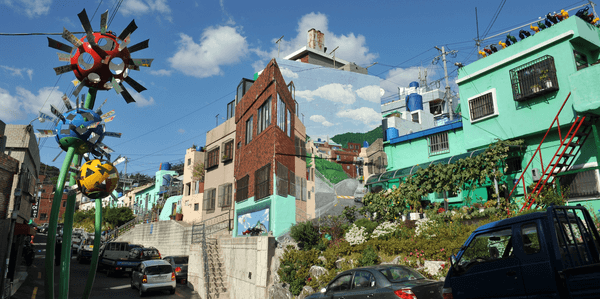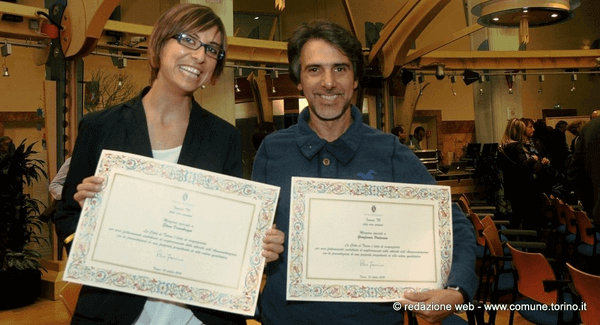City
Gothenburg
Main actors
City Government, Supranational / Intergovernmental Institutions, other, NGO / Philanthropy
Project area
Neighborhood or district
Duration
2012 - 2014
Entrepreneurial West Hisingen aims at developing entrepreneurial capacity in a multicultural district with high unemployment and low aspirations.
The three-strand project has developed and executed business support for SMEs and worked with entrepreneurship in schools, however not focusing on the art of starting businesses but on the art of developing important competencies for life as well as employability. The ‘entrepreneurship in education’ strand teaches entrepreneurial skills to young people aged six to 16. ‘Start your business’ provides budding entrepreneurs with courses, support and networks. The city offers this support in various languages and targets specific groups. And for young businesses, the ‘develop your business’ strand maps growth opportunities and paths for development.
The aim of the project was to increase the attractiveness of the district and to improve confidence and self-belief among residents, by encouraging sustainability start ups and better school results. Improving children’s self belief and entrepreneurs’ business skills is helping to build confidence in the future.
Originally published by EUROCITIES, the network of 130 European cities - PDF: http://nws.eurocities.eu/MediaShell/media/CitiesInAction_GothenburgsEntrepreneurialHub_Nov15.pdf
Eurocities Awards
This project was awarded the 'Eurocities Awards' in 2015 in the following category: Cooperation.
On Map
The Map will be displayed after accepting cookie policy






